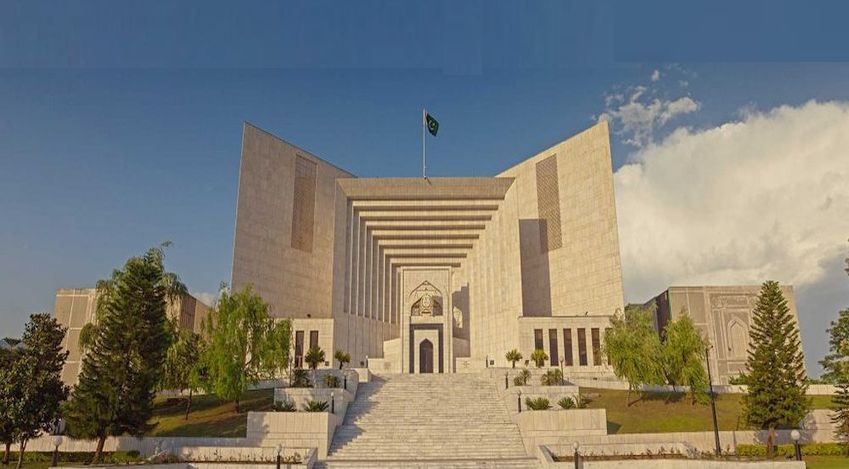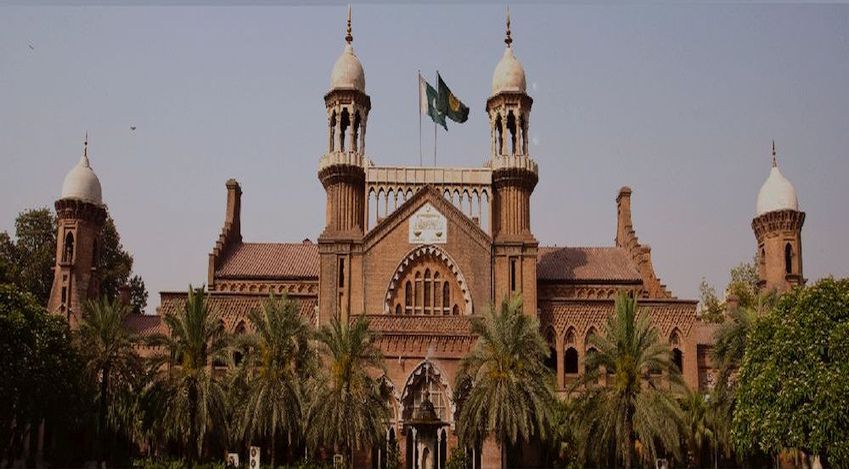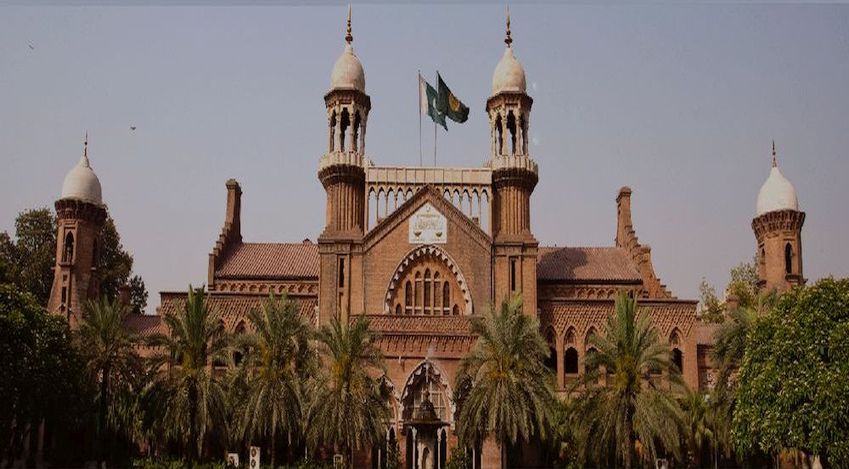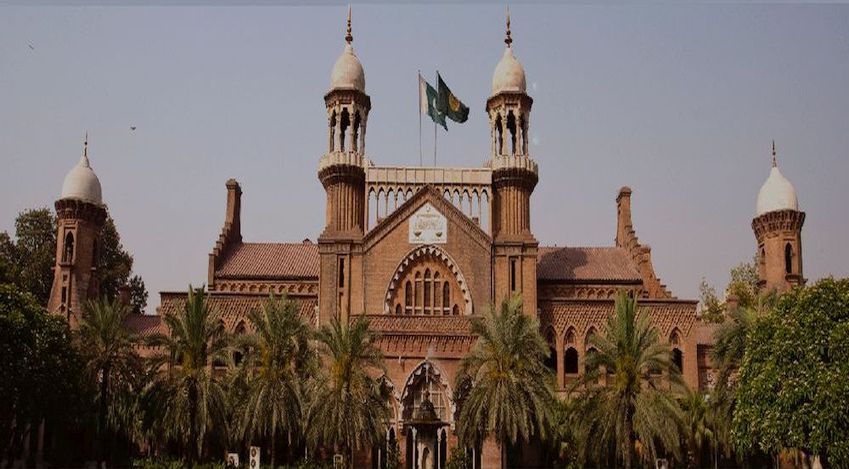Taxpayers who verify Supplier Status at the Time of Purchase and follow Banking Procedures cannot be Penalized Retrospectively due to supplier’s subsequent blacklisting --- Supreme Court of Pakistan
Islamabad 18-02-2025: In a significant ruling, the Supreme Court of Pakistan has reaffirmed the principle that a supplier’s subsequent blacklisting cannot retrospectively invalidate past transactions conducted in good faith. The judgment, delivered in [C.P.L.A. 2400-L-2022] (Commissioner Inland Revenue, Lahore Vs. M/s Eagle Cables Pvt. Ltd.), has set a precedent for sales tax disputes, reinforcing taxpayer protections under the Sales Tax Act, 1990.
The case stemmed from an appeal by the Commissioner Inland Revenue, Lahore, challenging a decision of the Lahore High Court dated April 12, 2022, which ruled in favor of M/s Eagle Cables (Pvt) Ltd. The dispute revolved around input tax adjustments claimed by the respondent on invoices issued by I.J. Traders and DAG Enterprises, two suppliers who were later blacklisted by the Federal Board of Revenue (FBR).
The tax department contended that since these suppliers were subsequently declared “blocked,” the input tax claimed by M/s Eagle Cables should be disallowed under Section 8(1)(d) of the Sales Tax Act, 1990. However, the taxpayer maintained that at the time of purchase, both suppliers were duly registered and active, and all transactions were processed through legal banking channels in compliance with Section 73 of the Act.
A three-member bench of the Supreme Court of Pakistan, comprising Mr. Justice Munib Akhtar, Mr. Justice Athar Minallah, and Mr. Justice Shahid Waheed, dismissed the petition, holding that a taxpayer’s input tax adjustment cannot be denied merely because a supplier was blacklisted after the transaction. The taxpayers who procured goods while the supplier was active and compliant should not be penalized retroactively.
The Supreme Court of Pakistan emphasized that the tax department must present concrete evidence of fraud before disallowing an input tax claim. The Court observed that mere assumptions or subsequent supplier deregistration are insufficient grounds to deny tax adjustments.
The judgment upheld the principle that taxpayers who verify a supplier’s status at the time of purchase should not be held liable for changes in the supplier’s tax standing. Since all payments were made through a proper banking channel, the taxpayer’s transactions were deemed valid and compliant with Section 73 of the Sales Tax Act. The Court found that the tax demand raised by the Inland Revenue authorities lacked legal justification and was rightly set aside by the Lahore High Court.
This ruling establishes a binding precedent for sales tax cases in Pakistan, offering significant protections to businesses engaged in legitimate commercial transactions. It reinforces taxpayer rights against arbitrary assessments and sets clear limits on the retrospective application of supplier blacklisting in tax matters.
Legal experts have hailed the judgment as a major victory for businesses, ensuring that compliance with tax laws at the time of transaction safeguards input tax claims. The decision also highlights the importance of judicial oversight in preventing undue tax liabilities based on procedural lapses rather than substantive legal violations.
With this ruling, the Supreme Court of Pakistan has provided greater clarity on tax adjustments and supplier blacklisting, ensuring that businesses are not penalized unfairly for circumstances beyond their control. The decision is expected to have a widespread impact on future tax litigation, compelling tax authorities to provide substantive proof before disallowing legitimate input tax claims.
Powered by Froala Editor








